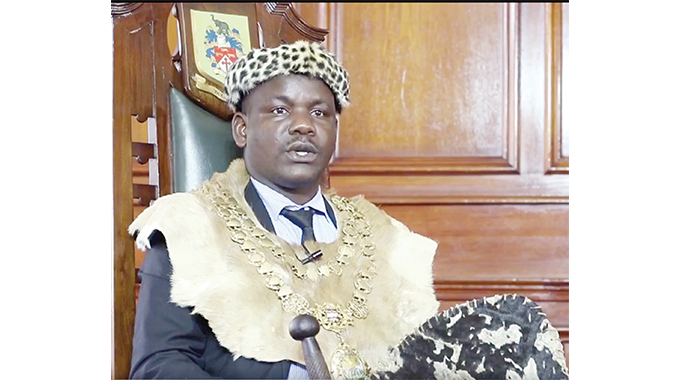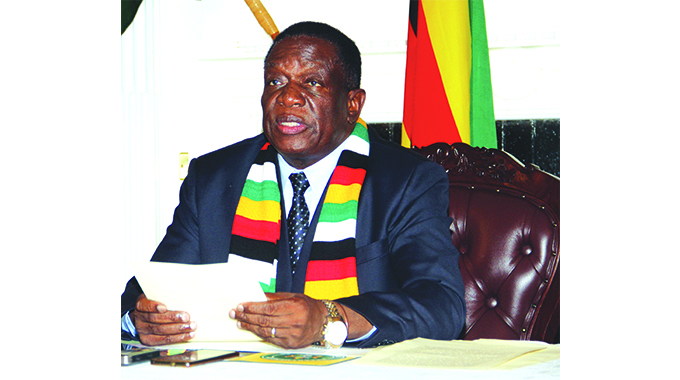Bulawayo Day a colonial fete?

Bongani Ndlovu, Chronicle Correspondent
BULAWAYO Mayor Councillor Solomon Mguni yesterday acknowledged that the city was established by King Lobengula and not the colonial masters that named it a town 127 years ago.
On June 1 annually, the city commemorates Bulawayo Day, a celebration of “identity, history and heritage”.
Last year, analysts pointed out that the celebration of Bulawayo Day on June 1 was a festivity of imperialism as the city was declared a town by Dr Leander Star Johnson following the collapse of the Ndebele State and the burning down of King Lobengula’s capital by the colonisers.
In his Bulawayo Day address at the Council Chambers yesterday, Clr Mguni started off by acknowledging that the celebration is anchored on the rich history, heritage and legacy of the city, built by King Lobengula.
“As the City of Kings, on this day we also celebrate the arrival of Inkosi uMzilikazi and the Ndebele nation in 1839 to the present-day Zimbabwe. In 1863, King Mzilikazi founded Mhlahlandlela and in February 22, 1870, Inkosi uLobengula was crowned as king of the Ndebele nation. King Lobengula renamed his royal town from Gibixhegu to KoBulawayo in 1871.
“Bulawayo Day is therefore, a celebration of our identity as a people. It is also a celebration of Bulawayo’s resilience and strength which comes from its identity, experiences and culture. As a city, we are not only a cultural hub but also a creative engine that has the ability to shift and define mindsets towards a united front in the development of Bulawayo and its people,” said Clr Mguni.
Last year, Clr Mguni’s mayoral robe was criticised as being one of the major remnants of the colonial era that did not represent Zimbabwe’s culture.
There was a fierce debate both on and offline with some saying the robes must be left in place, while others said the regalia should be done away with.
Officiating during Bulawayo Day last year, Clr Mguni threw away the robes and was wearing a leopard skin head gear, a cow hide chest and back cover, while carrying a shield and knobkerrie.
Although wearing a suit underneath, this was a departure from the colonial era dressing of old that had drawn so much debate.
Clr Mguni said in celebrating Bulawayo Day this year the city is hosting a hybrid Bulawayo Arts Festival (Baf) that will run until Saturday.
“(The Byo Arts Festival) . . . allows us to showcase our creative attributes digitally to the global village that we live in, while minimising the spread of the coronavirus. It is for this reason that we launch the ‘I Love Bulawayo’ campaign to help rekindle the love we have for Bulawayo from different parts of the world.
“As we may not be able to meet physically this week, the ‘I Love Bulawayo’ campaign allows us to share the love we have for the city which is in every fibre and centre of our community and city,” said Clr Mguni.
He said the Baf is celebrated amidst the global Covid-19 pandemic and it was critical to note the importance of the creative sector working under the new normal. “As cities and the world at large are reopening in the ‘new normal,’ the creative sector plays a critical role in modelling the new culture that we need, to be able to transform ourselves and overcome our challenges.
“The city of Bulawayo in line with the vision of being a smart and transformative city by 2024, recognises the importance of the digital platforms.
“It is for this reason that the Bulawayo Day and Bulawayo Arts Festival will also be available on the digital platforms so that we can all watch in unity in our various private spaces,” said Clr Mguni. — Follow on Twitter @bonganinkunzi.









Comments